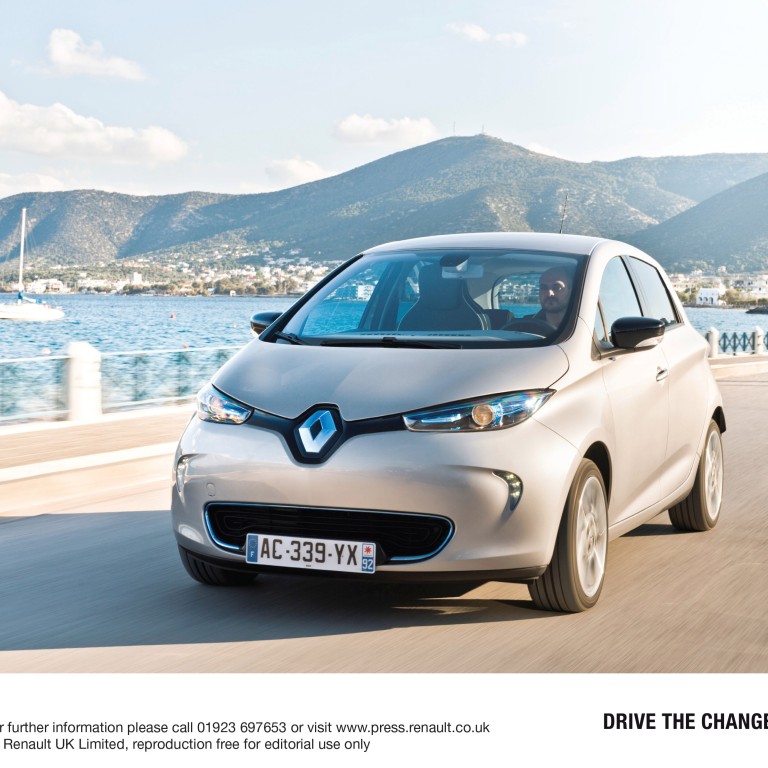
Electric vehicles will not improve Hong Kong's air pollution problems
I refer to the letter by Sammi Lo ("More electric vehicles can help air quality", August 28).
I do not think having more of these vehicle will reduce levels of air pollution. I think they will make things worse.
If we are going to genuinely tackle air pollution, we have to take a holistic approach.
Having a lot more electric vehicles will shift the greenhouse gas emission problem from cars to power stations as there will be an increased demand for the electricity they generate.
Of course, these vehicle will not have any harmful emissions such as carbon monoxide and sulphur dioxide. But your correspondent seems to forget that they need to be charged. And, so a lot more electricity is needed, meaning more emissions from power plants burning fossil fuels.
Also, we have to look at other chief sources of pollution, including waste disposal. As people become more affluent, they throw out things that in the past they would try to use again. Our grandparents would try to waste as little as possible.
To deal with this waste, governments build incinerators, which bring toxic emissions that add to our bad air. Yet the Hong Kong government plans to build one.
Depending on the wind direction, we also have to deal with pollution from the mainland. That is why we have to take a holistic approach if we want cleaner air.
I agree with your correspondent's suggestion to raise the taxes on petrol and diesel by at least two cents a litre.
This would increase running costs for motorists and might deter people from buying a private car in the first place. Another way to put them off is to raise first registration tax on motor vehicles. With higher taxes, private cars would become luxury items. If they face the high running costs that motorists have to pay, for example, in Singapore for private vehicles, they will stick to the MTR, buses and minibuses.
When it comes to reducing the volumes of waste we generate, education is the key. The government should teach citizens to reduce waste at source. Green groups could hold talks explaining how, for example, a household appliance can often be repaired rather than thrown away.
If these ideas can be taught in the classroom, our next generation can grow up to be more eco-friendly and try to reduce waste at source.
The government must also have a city-wide cycling network, including along the coast. The present tracks at Tolo Harbour can be extended, for example.

